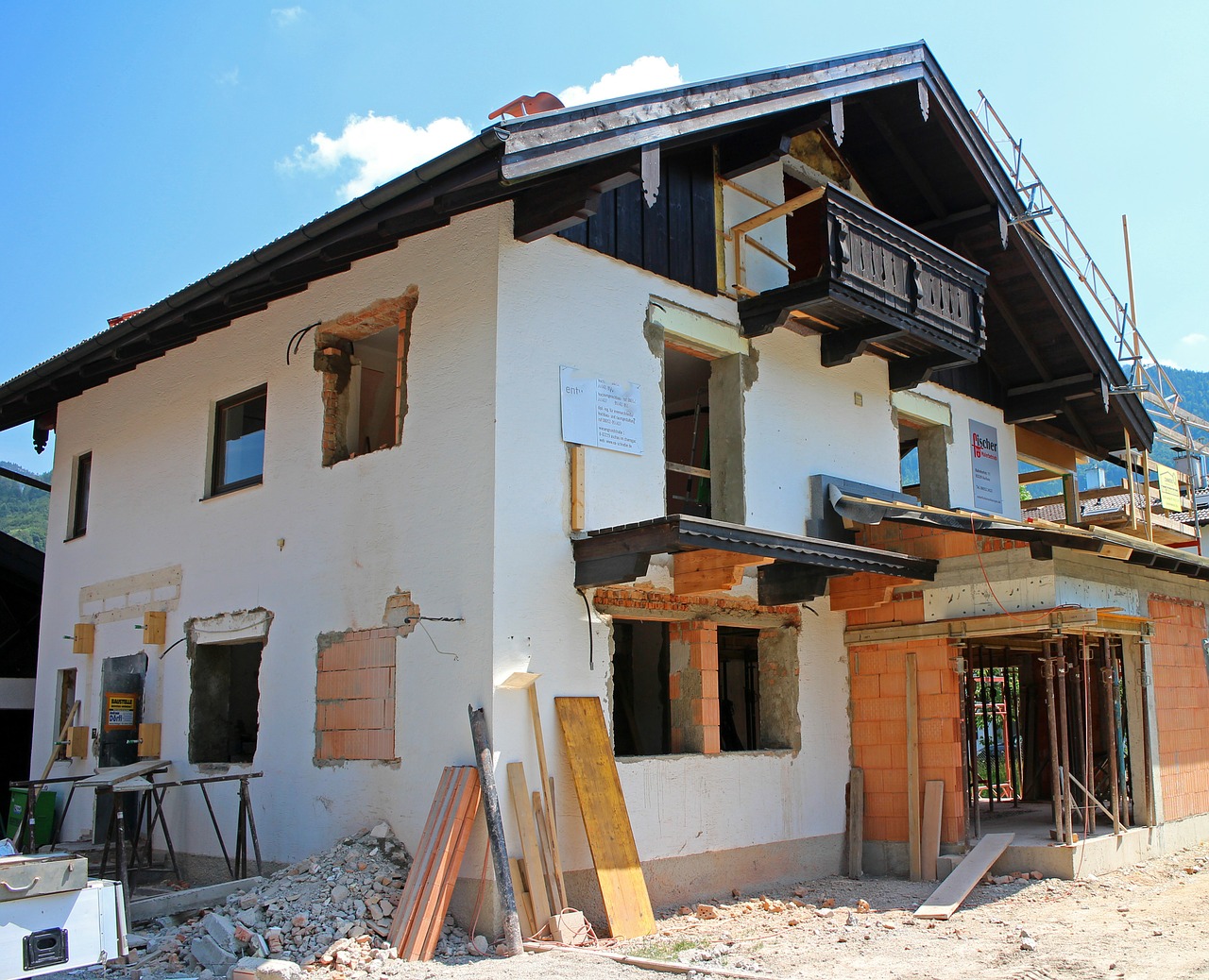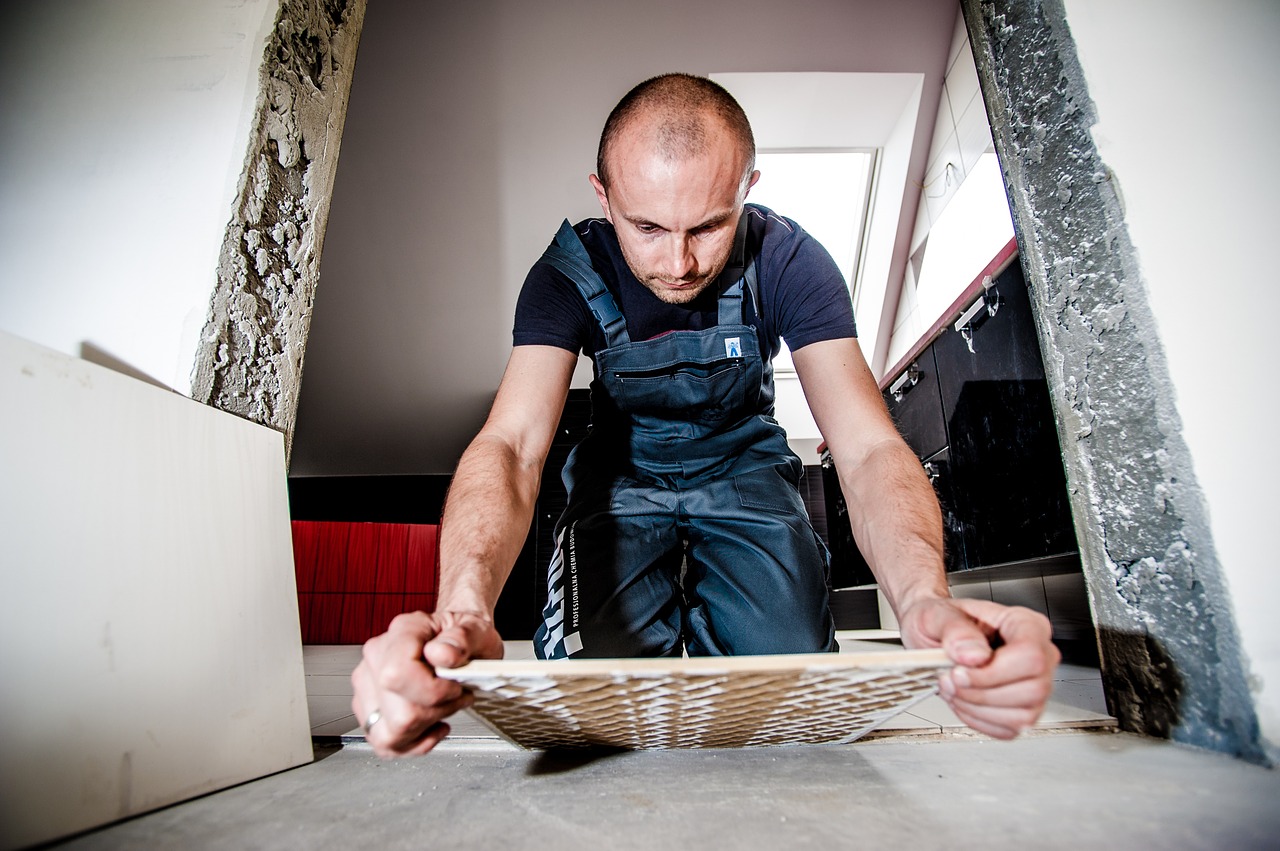Top 7 Ways to Cut Home Renovation Costs

Renovating your home provides you with a great opportunity to introduce a sense of novelty and create a better home environment. However, home improvements and major renovations can leave you with considerable expenses, both planned and unexpected. However, with an organised approach, you’ll be able to reduce some of your renovation costs while still giving your space a brand-new flair.
1. Set up a budget
When it comes to home renovations, things can quickly get out of hand. There’s always some new idea or improvement that you need to make, ending with an overdrawn bank account. Thus, it’s important that before you start this project, you create a renovation budget and set strict limits. When doing so, you should set aside some money for unpredictable costs and emergencies just in case. How much money you’ll allocate for your renovation depends on its scope, type and numerous other different factors, so make sure to take some time for this step.
2. Start with a plan
Renovations can be easily delayed or stretched over several weeks or even months. Not only will this leave you with a lot of expenses, but it will also be extremely tiring and stressful. You can easily avoid this by developing a renovation plan. You can set deadlines, make a list of everything you need and define different stages of your renovation. By doing this, you’ll be more efficient and organised, which can help you speed up your renovation and save money along the way.

3. Repurpose old materials
Quality materials are essential for a profitable renovation. However, you don’t need to invest a fortune in new materials when you can reuse old ones. For instance, if you’ve disassembled an old wardrobe, you can reuse the wood for kitchen cabinets. Not only will this help you cut your expenses, but it’s also eco-friendly and sustainable. If you don’t have old materials to repurpose, you can find some on salvage yards. Afterwards, you can just sand the wood, refinish or stain it, or apply a fresh coat of paint and it will be ready for a new use.
4. Know when to DIY
There are plenty of renovation projects that you can complete on your own. There’s no need to hire a professional for some basic upgrades that you can finish in just a couple of steps. For example, interior painting is one of the simplest home renovation ideas that don’t require any expert experience. On the other hand, you shouldn’t overestimate your renovation skills when it comes to major projects. Any upgrades and changes that require structural work should be left to professionals. The same goes for plumbing issues and electrical problems. Otherwise, you may make a costly mistake that will cost you more than hiring a professional.
5. Shop around
Certain renovation projects and major upgrades, such as installing a solar system or purchasing new appliances, are worth investing in. However, you should take some time to compare prices in different stores before making the purchase. You may even come across certain discounts and sales, so it’s always better to shop around. Browsing online is also a great idea, but you should always keep in mind that shipping may cost you some extra money. In addition, it’s better to check and see certain items in person before buying them.
6. Renovate around plumbing and electricity outlets
If you’re planning to renovate your kitchen or bathroom, for instance, it’s always advisable to keep the fixtures in the same place. Changing your kitchen layout can be costly because you may need to install additional electrical outlets, wire electricity or move water fixtures. If possible, you should work your way around them and keep the sink, the toilet and the shower in the same place.

7. Keep your project under control
No matter how organised you are, renovation expenses can quickly exceed your budget limits without you even being aware of it, especially when it comes to major projects, such as roof upgrades, structural changes, etc. Thus, you should consider consulting with experienced professionals who provide reliable quantity surveying services. Quantity surveyors play an important role in the case of independent renovation projects because they help self-builders assess the materials they need for their projects, control their expenses and even identify potential savings. You can consult with them both at the beginning and during your renovation to ensure that everything is going according to plan.
An independent home renovation project requires a lot of careful planning in order to cut your costs and make sure that everything is done properly and efficiently.
Author:
Mike Johnston is a home improvement and business blogger from Sydney, passionate for creating and sharing meaningful content that informs and inspires people.